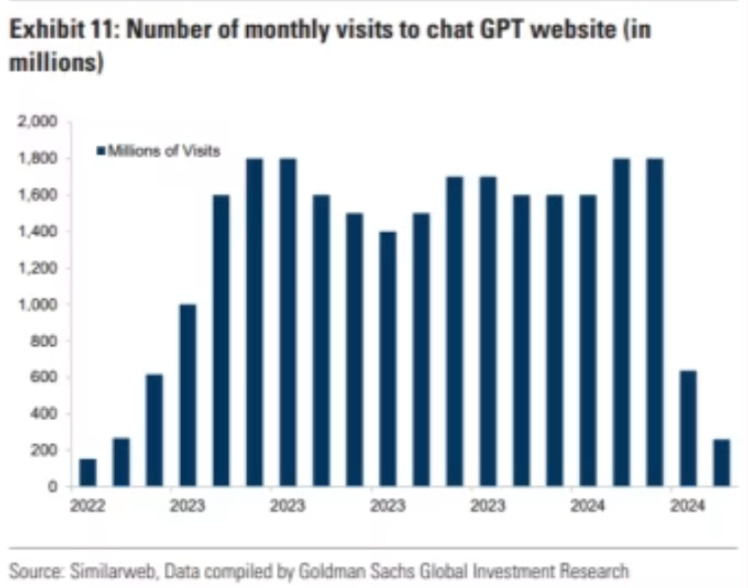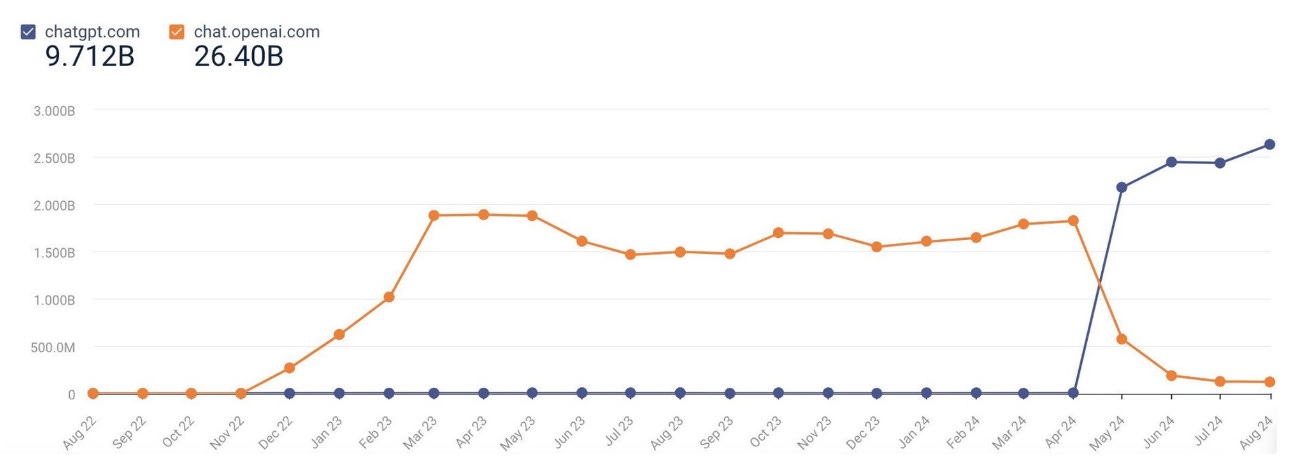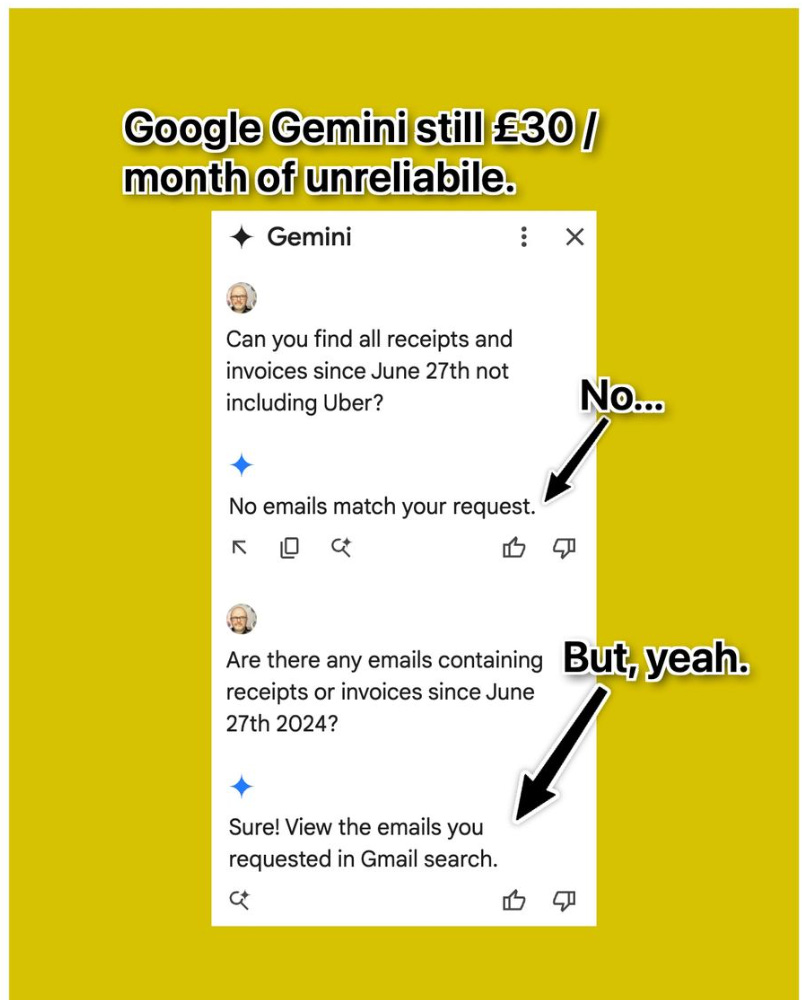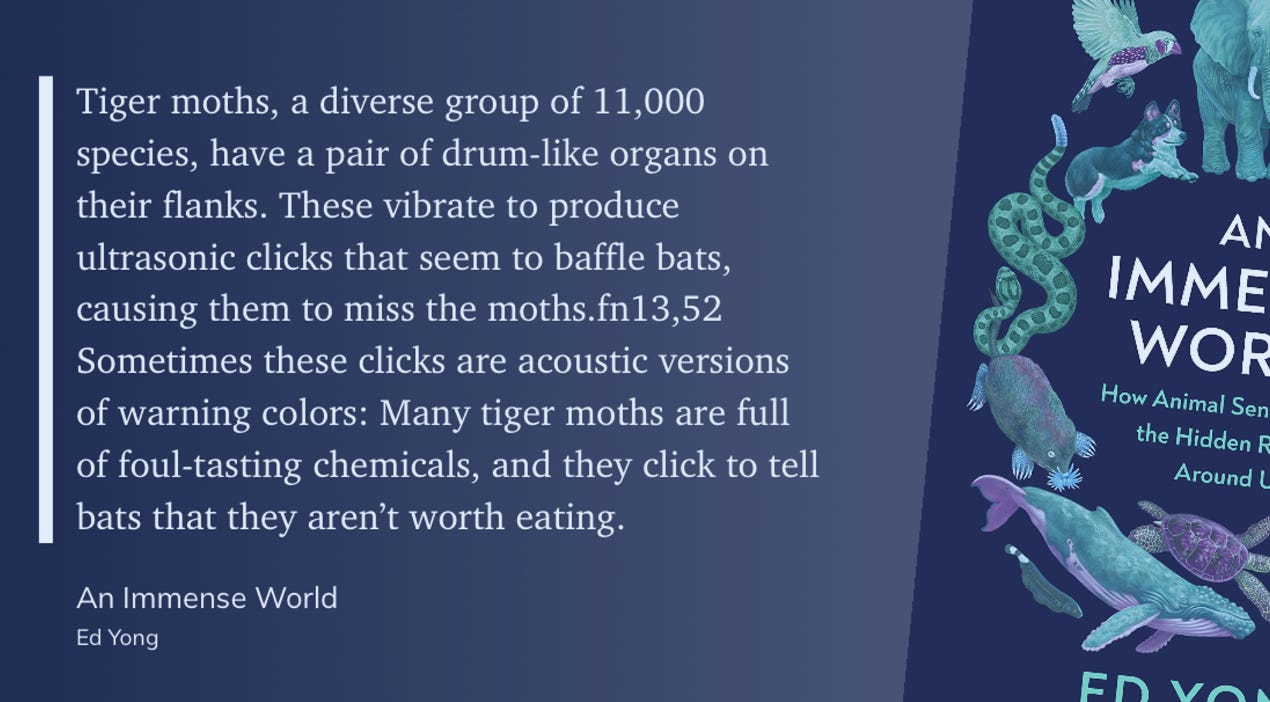Dear Reader
The titles of these emails are sometimes punchy but are often drifting into Culture spacecraft territory. (1) This week’s is inspired by Goldman Sachs’s clanger that may or may not have crashed AI bubble stocks on Friday, which Forex called “a humiliating lack of critical thought”., which the Forex blog called “a humiliating lack of critical thought”.
FT Alphaville blog on Thursday (and dark galaxy of posts on X) about AI “hype” contained details of a Goldman Sachs report showing an incredible drop in use of ChatGPT, using data from SimilarWeb, which estimates the amount of traffic to websites:
Rather than millions of users waking from a mass delusion that ChatGPT was incredibly useful, the explanation is that the company changed URLs for the web version of the tool. Traffic actually grew through Q2 and Q3 2024.
Image from Adam Button
An FT commenter noted:
The chart where ChatGPT drops to zero should have raised some eyebrows for the overpaid analysts at Goldman. The reason for this sudden drop is not because that people stopped using ChatGPT but because OpenAI have changed domains for ChatGPT, from openai.com/chatgpt (what this chart is showing) to chatgpt.com - if you combine the data for both domains you actually see a pretty substantial growth, as around the time of the switch OpenAI have introduced a new model GPT-4o to the free tier.
This nugget of misinformation will do the rounds now for some time.
Falling asleep at the spreadsheet
If you’re working with AI, experts warn you should not “fall asleep at the wheel”. This means don’t stop thinking critically about AI just because things are going well. You may miss a wrong turn in the line of thinking or a key incorrect fact (hallucinated or badly sourced) and end up in a bad place. What the Goldman Sachs report demonstrates is that we don’t need AI to make that kind of slip up.
A lack of critical thinking looks like this: you have fast access to data. It is telling a story that supports your narrative. You use it.
Engaging critical thinking looks like this: you have access to fast data. It is telling you a story that supports your narrative. You ask yourself “what does this mean?” The answer would be: in the space of two months ChatGPT use dropped from almost 2 billion a month to almost the level it was at before ChatGPT launched in November 2022 and introduced the non-techie world to generative AI. That would be a cataclysm. So what other explanations could there be?
Some more useful questions might be: why was it growing after an apparent plateau? What effect did desktop and mobile apps and other non-website ways of accessing the service have on usage?
Did this mistake wipe out $110 billion from Nvidia's market cap on Friday (for reference, that's 72% of Goldman's market cap)?
I doubt it was the main catalyst but I have no doubt that it hurt. Research and critical thinking are in short supply in this meme-driven world.
Google Gemini + Worksuite: attempt 2
Google had another attempt in the last few weeks at integrating its enormously capable Gemini LLM into its Google Worksuite product (the equivalent of Microsoft Office). As Brilliant Noise runs on Google at the moment, I turned my licence back on to have a go. It was very uneven. As you can see in the image above, asking simple questions in Gmail works, sort of, but I had to try variations of the question, making it only slightly more useful than.
Our verdict on AI + everyday office tools in Google and Microsoft 365: interesting for enthusiasts but not still ready for primetime. Companies are better off developing their people’s skills with the models via chatbots like ChatGPT, Claude or Microsoft co-pilot. With these people can find their own ways to save time or increase effectiveness, and they will be developing their AI literacy skills faster than using in app additions.
Myth-bust of the week: “The Chinese character for crisis…”
Had one of those moments you realise what you thought was an interesting fact was a not that sound.
From Wikipedia:
In Western popular culture, the Chinese word for "crisis" (simplified Chinese: 危机; traditional Chinese: 危機; pinyin: wēijī, wéijī[1]) is often incorrectly said to comprise two Chinese characters meaning 'danger' (wēi, 危) and 'opportunity' (jī, 机; 機). The second character is a component of the Chinese word for opportunity (jīhuì, 机会; 機會), but has multiple meanings, and in isolation means something more like 'change point' or inflection point. The mistaken etymology became a trope after it was used by John F. Kennedy in his presidential campaign speeches and has been widely repeated in business, education, politics and the press in the United States.
Hate comes with a salary
A piece in the Guardian by Zoe Williams gives us a post-summer riots round up of where we are with social media and right-wing pundits stirring up social unrest. Bottom line, is that some agitators and disinformation peddlers are making a good living through social ads revenue even before attracting sponsorship becoming the beneficiaries victims of funding by Russian or Iranian intelligence agencies:
After the race riots in August it transpired that one man, “keyboard warrior” Wayne O’Rourke, convicted for inciting racial hatred on social media, was earning £1,400 a month from his activities on X. The blowhard Laurence Fox declared last month that he earns a similar amount from posting on X. O’Rourke had 90,000 followers; Tommy Robinson has more than a million, and it’s likely that he’s making far more.
Recommendations
Watching…
Kaos (Netflix). The blurb had me at “from the writer of The End of The Fcking World* (an all-time classic) and “makers” of Chernobyl (also an all-time etc.). An episode in, it’s looking good. If you don’t know your Classics (I don’t) it doesn’t matter – these are mad, mad stories. If you do know your classics, well congratulations you get to mention that a lot to anyone who will listen and for once not in the context of the disgraced former British Prime Minister, B Johnson.
Reading…
An Immense World, by Ed Yong. I have been reading and recounting the wild facts from this book for so long now that my wife has finally started reading the copy I gave her two Christmases ago. It is wonderful (and nearly finished). Here is this week’s most amazing fact – the countermeasures that moths use.
That’s all…
Thank you for reading this week’s Antonym, I hope there was something. Do drop us a “like” if you enjoyed it, all forms of validation accepted.
See you next week
Antony
Footnotes:
The baroquely named ships in Iain M Banks's inimitable included Zealot, Little Rascal and Revisionist, but also longer ones like Just Read The Instructions, Congenital Optimist and Someone Else's Problem. A full list here (https://theculture.fandom.com/wiki/List_of_spacecraft).








